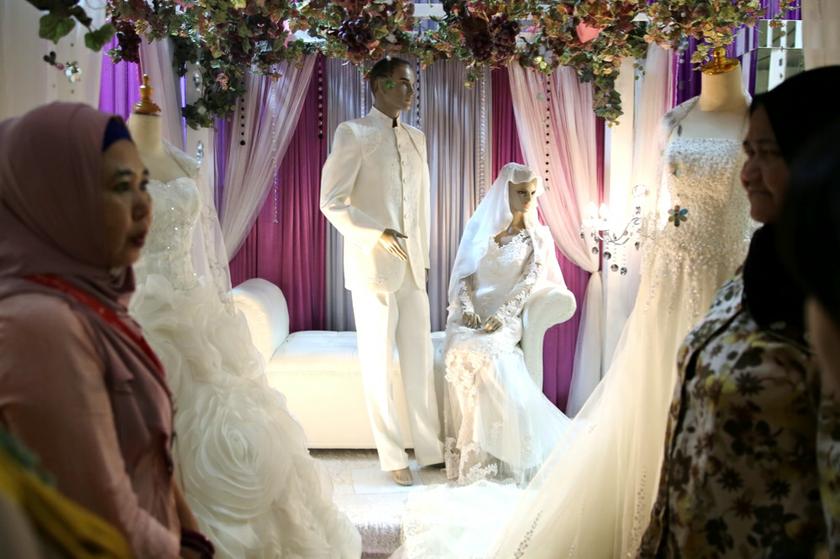KUALA LUMPUR, March 20 — The Shariah courts have allowed 8,808 cases of Muslim husbands who applied for polygamy between 2010 and 2016, Putrajaya revealed today.
In a parliamentary reply, Minister in Prime Minister’s Department Datuk Seri Jamil Khir Baharom said the husbands who applied were deemed eligible and could afford the polygamy.
“Based on the record of Shariah courts across Malaysia, 8,808 cases of applications from husbands who are eligible and capable have been given permission to polygamy between 2010 and 2016,” said the minister in charge of Islamic affairs.
The reply did not state whether the numbers included repeat applicants.
MCA’s Tanjong Piai MP Datuk Wee Jeck Seng had asked the prime minister to state the polygamy statistics broken down into states, amid complaints that women and children were badly treated in polygamy marriages.
The concept of polygamy in Islam is controversial. Some clerics point to the Prophet Muhammad, arguing that the religion allows men to wed as many as four wives, provided that he can afford to “fairly” oversee their welfare and treat each wife justly.
But clerics critical of the idea say that the practice was only exceptional for the Prophet, who had four wives because he married the widows of his comrades who died in battle as a way to care for them.
In Malaysia, a husband must apply to Shariah courts for permission before marrying a second or subsequent wife, and the conditions are slightly different for each state. Kelantan and Terengganu do not even stipulate any conditions, while in Perak, it is sufficient for a husband to take an oath.
In other states, the conditions are: the proposed marriage must be just and necessary; the husband must have sufficient financial means; the husband will accord equal treatment to the existing wife or wives; and the proposed marriage will not cause danger or harm to the existing wife.
However, the definitions of the conditions such as “just and necessary” and “equal treatment” are subjective, and are left in the hands of the Shariah judges.
Muslim feminists have also argued against polygamy since it would be impossible to ensure that the “emotional welfare” of all four wives is fairly addressed by one man.
Last year, women’s group Sisters in Islam called for a reform of polygamy laws, urging for a return to the guidelines of the Islamic Family Law 1984.



















